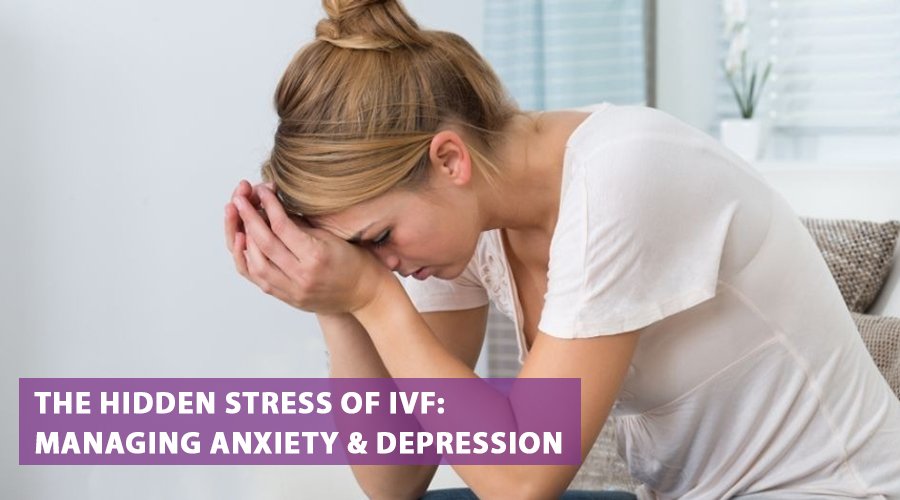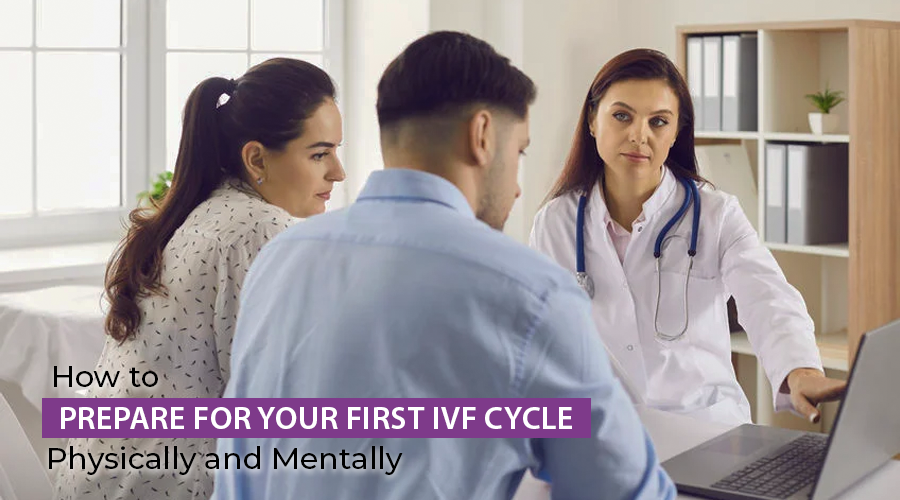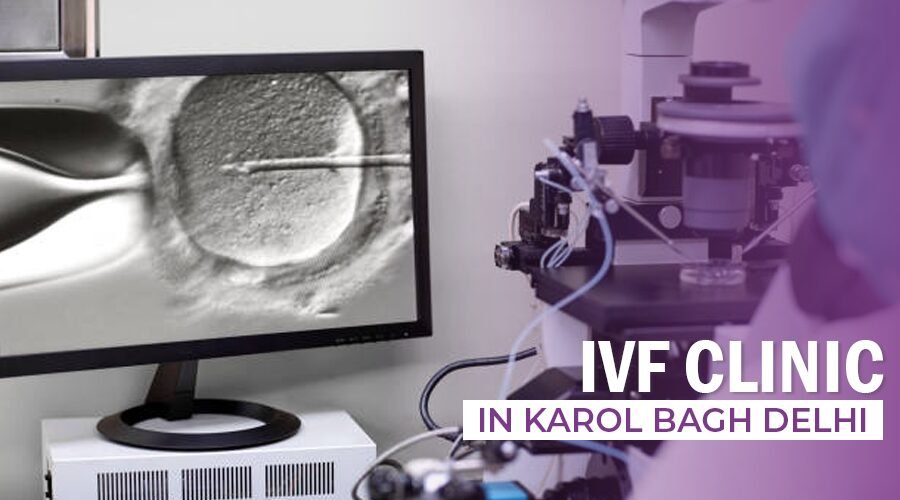Patients who suffer from infertility often see in vitro fertilization (IVF) as their one final option to become parents. The psychological impact of this procedure usually remains unrecognizable. Everyone struggling through IVF experiences major anxiety and depression due to hormonal changes, financial burdens, uncertain outcomes, and social expectations. The best IVF hospital in Delhi NCR provides not only advanced medical care but also emotional and psychological support throughout the IVF journey.
Why IVF Causes Emotional Distress
1. Hormonal Impact
○ Strong hormonal drugs used in fertility treatment often intensify the experience of mood swings along with depression and anxiety symptoms.
2. Uncertainty & Fear of Failure
○ Each cycle comes with hope, but also the fear of disappointment. The “two-week wait” can be particularly stressful.
3. Financial Pressure
○ IVF is expensive, and the financial burden can add to emotional strain, especially if multiple cycles are needed.
4. Social Isolation & Stigma
○ Many couples feel alone in their journey, avoiding social events or facing insensitive comments.
5. Relationship Strain
○ The emotional pressure from IVF procedures generates partner relationship strain that causes both partners to lose their sense of connection.
How to Manage Anxiety & Depression During IVF
1. Acknowledge Your Feelings
Everybody experiencing this situation should expect feelings of overwhelming stress. Keeping emotions hidden leads to a higher amount of stress. Let yourself experience grief while hoping and feeling frustration because guilt should not exist in your mind.
2. Seek Professional Support
● Fertility specialists who are therapists offer coping strategies to their clients. Anxiety treatment benefits significantly from Cognitive Behavioral Therapy (CBT).
3. Build a Support System
Adults facing infertility benefits from joining both virtual and local community groups of IVF travelers. These groups provide social support from people who share your experience.
Accept confiding in people who both understand and sympathize but won’t provide any criticism.
4. Practice Self-Care & Mindfulness
Stress reduction comes from practicing meditation accompanied by deep breathing together with yoga.
Gentle walking serves as a form of exercise that enables endorphins to release in your body.
The emotional resilience requires adequate sleep together with proper nutrition for support.
5. Set Boundaries
● Avoid toxic positivity (“Just relax and it will happen!”).
● Politely decline events or conversations that trigger stress.
6. Communicate with Your Partner
● IVF affects both partners differently. Open, honest conversations can prevent resentment.
● Consider couples therapy if communication becomes difficult.
7. Take Breaks If Needed
● You should pause the process if it gets overwhelming since it is acceptable to regroup. Your mental health matters.
When to Seek Help
A mental health professional should become your first contact when anxiety and depression begin to disrupt your daily life—such as trouble sleeping, loss of interest in activities, or constant sadness. Seeking help during difficult times is not a sign of weakness, but of strength. The best IVF hospital in Delhi NCR emphasizes the importance of mental well-being alongside fertility treatments, offering comprehensive care for both body and mind.
Final Thoughts
The path to get in vitro fertilization involves both physical strain and severe emotional burdens. The importance of emotional well-being during medical treatment equals exactly the same degree of significance as achieving medical success. Self-compassionate navigation of the difficult process becomes possible when you both realize the stress present and actively get support while being kind to yourself.
You are not going through this task by yourself and there is absolutely nothing wrong with feeling unwell.





